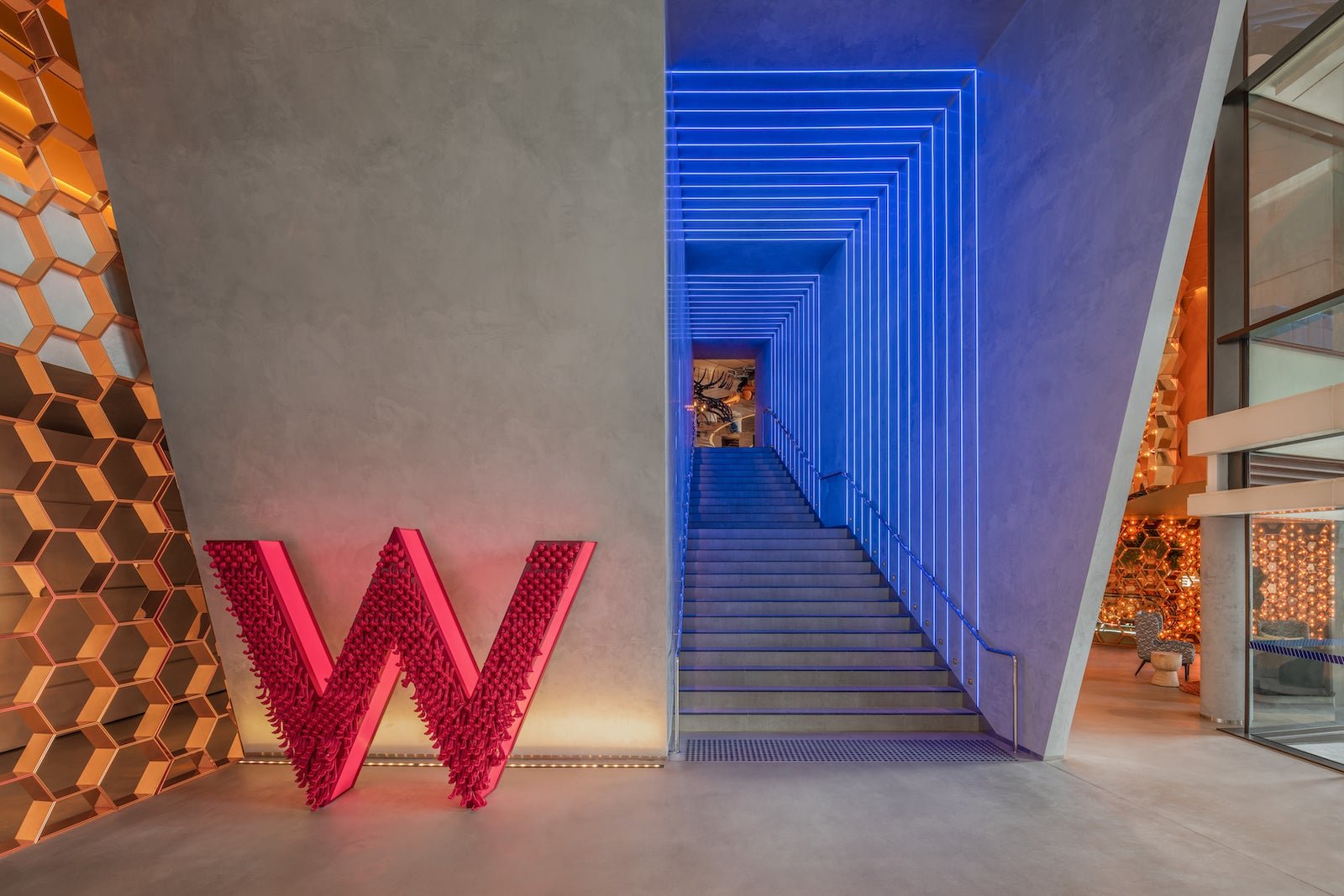In the world of major corporations, the saying “bigger doesn’t always equal better” is often used to criticize the dominance of large companies. However, Marriott International, the world’s largest hotel company, has been able to navigate this challenge and establish itself as a go-to brand for a wide range of customers. With a strategic brand and loyalty strategy, Marriott has positioned itself as a leader in the industry.
One of the ways Marriott has achieved this is through its diverse portfolio of brands. Instead of relying solely on its flagship Marriott hotels, the company has expanded its offerings to include vacation rentals through Homes & Villas by Marriott Bonvoy. This allows customers who may have considered booking a vacation rental on Airbnb to choose Marriott instead. Additionally, Marriott has catered to different customer preferences by offering luxury options like Edition and W hotels, as well as more affordable options like Moxy.
Marriott has also made strategic partnerships to further enhance its brand and expand its reach. One of the most notable partnerships is with MGM Resorts International, which is expected to launch in the coming months. This partnership will solidify Marriott’s presence in Las Vegas and establish the company as a dominant force in the city.
Contrary to what cynics may say, Marriott’s expansion into affordable brands is not a sign of weakness or a shift away from luxury. According to Marriott CEO Anthony Capuano, the company sees the potential for both luxury and midscale brands to coexist and thrive. The expansion into midscale brands like City Express, Four Points Express by Sheraton, and StudioRes is a response to the changing travel and lifestyle preferences brought about by the pandemic. Many people now prefer a more transient and nomadic lifestyle, and Marriott aims to provide efficient temporary housing options for these individuals.
Marriott’s strategic expansion into midscale brands is supported by demographic and societal shifts. Capuano highlights the growing population of individuals who prefer a nomadic lifestyle, working as contractors and moving to different areas of the country. These individuals are not likely to spend $150 or more per night on extended stay hotels like Residence Inn or TownePlace Suites. Instead, they seek affordable options like StudioRes, which offers lower rates and caters to guests staying for longer periods.
Marriott’s expansion into midscale brands also aligns with its loyalty program, Marriott Bonvoy. While stays at StudioRes may not earn as many loyalty points as stays at luxury brands like Ritz-Carlton, Capuano views it as an important entry point for new members. The company aims to provide value and unique experiences to its 192 million Bonvoy members, which differentiates it from other loyalty programs.
In terms of brand leadership, there has been speculation about whether Hilton Honors will surpass Marriott Bonvoy in terms of member count. However, Capuano remains confident in Marriott’s leadership position. The company’s focus is not solely on the number of members but on building a suite of value for its customers. This includes promotions and redemption opportunities for exclusive events like Formula One racing, Taylor Swift concerts, and the Super Bowl. Additionally, Marriott’s partnership with MGM Resorts unlocks more redemption opportunities in popular destinations like Las Vegas.
Marriott’s commitment to providing a lifestyle component to its lodging experience is evident in its brand transformations. The W brand, in particular, has undergone significant renovations and is reasserting itself in the luxury lifestyle space. The Moxy brand has also evolved into an impressive lifestyle hotel product, offering destination dining and appealing to a younger, trendier demographic. Marriott’s diverse portfolio allows it to cater to different price tiers and customer preferences.
In conclusion, Marriott International has successfully maneuvered the challenge of “bigger doesn’t always equal better” by strategically expanding its brand and loyalty strategy. The company’s diverse portfolio of brands, strategic partnerships, and commitment to providing unique experiences have solidified its position as a leader in the industry. Despite cynics’ claims, Marriott has proven that bigger can indeed be better when it comes to major corporations in the hospitality sector.

